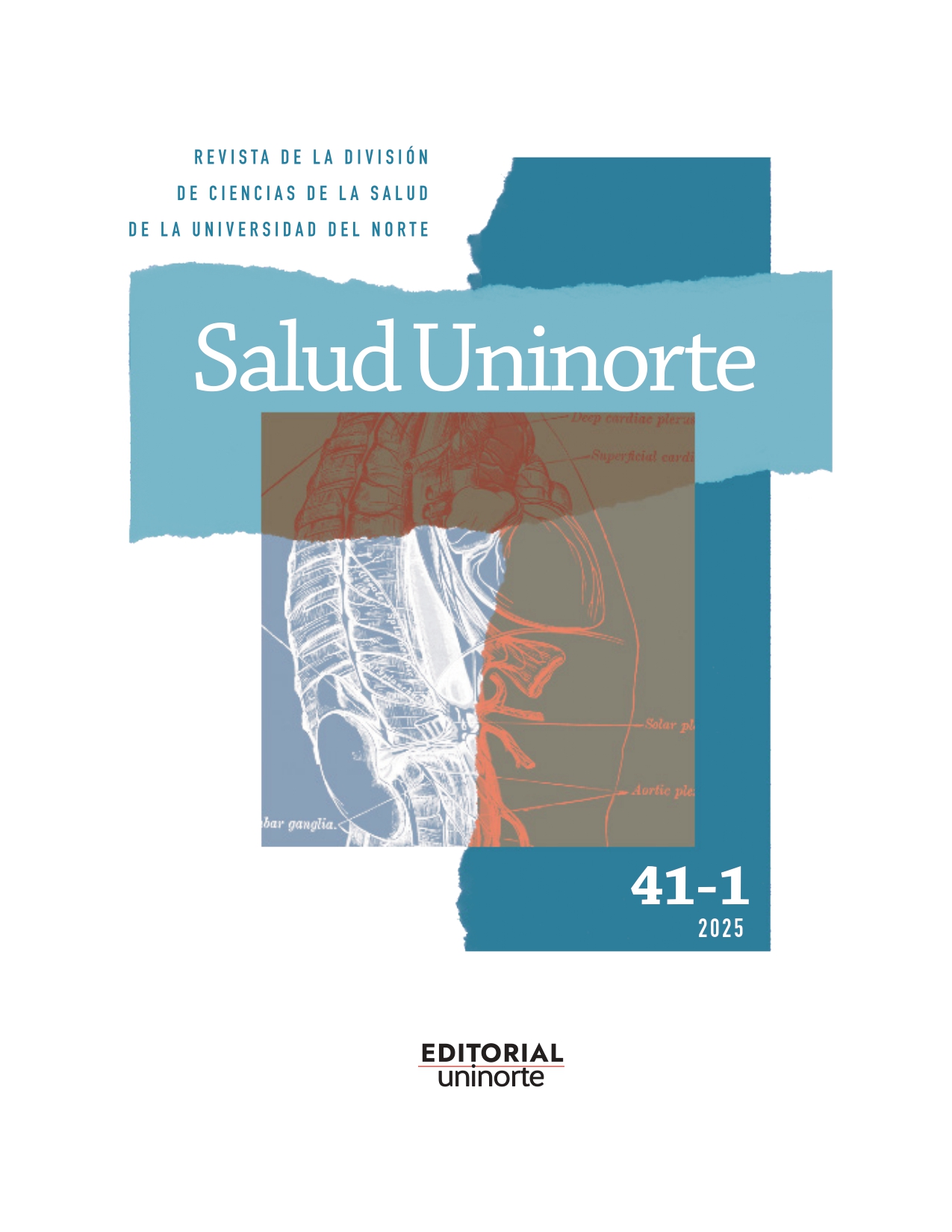Bienestar psicológico relacionado con la autoeficacia para envejecer en adultas mayores trabajadoras
DOI:
https://doi.org/10.14482/sun.41.01.070.484Palabras clave:
mujeres trabajadoras, salud laboral, bienestar psicológico, autoeficacia, envejecimientoResumen
Objetivo: Analizar la relación del bienestar psicológico con la autoeficacia para envejecer en adultas mayores trabajadoras de Chetumal, Quintana Roo.
Material y métodos: Estudio descriptivo-correlacional. Se calculó la muestra de 161 participantes a través del programa G Power ®, y recolectado a través de un muestreo a conveniencia. Se aplicó una cédula de datos personales, la escala de bienestar psicológico de Ryff y la escala de autoeficacia para envejecer. Se realizó el análisis de la información con el programa SPPS ® a través de estadística descriptiva e inferencial como la prueba de Kruskal Wallis y Spearman.
Resultados: Participaron 161 adultas mayores activas laboralmente, teniendo una M de edad de 63.65 años (DE = 2.823 años), ha laborado M = 17.82 años (DE = 5.939), trabaja diariamente alrededor de M = 8.06 horas (DE = 2.077) y tiene un sueldo mensual de M = 618.5 (DE = 86.57) dólares al mes. Se halló diferencia significativa del clima laboral con la edad (p = 0.019) y el bienestar psicológico (p = 0.017), siendo mayor en aquellos que lo catalogan como malo y regular, respectivamente. Se encontró que, a mayor bienestar psicológico, mayor autoeficacia para envejecer presentan las participantes (r = .289, p<0.01).
Conclusión: Se halló relación del bienestar psicológico y de la autoeficacia para envejecer en las adultas mayores trabajadores; aunado a que se detectó que el clima laboral es malo por la edad y afecta el bienestar psicológico, lo que sugiere trabajar con este grupo vulnerable y con las empresas, permitiendo generar estrategias para una correcta inserción y adaptación de la adulta mayor en su trabajo.
Descargas
Publicado
Cómo citar
Número
Sección
Licencia
(COPIE Y PEGUE EL SIGUIENTE TEXTO EN UN ARCHIVO TIPO WORD CON TODOS LOS DATOS Y FIRMAS DE LOS AUTORES, ANEXE AL PRESENTE ENVIO JUNTO CON LOS DEMAS DOCUMENTOS)
AUTORIZACIÓN PARA REPRODUCCIÓN, USO, PUBLICACIÓN Y DIVULGACIÓN DE UNA OBRA LITERARIA, ARTISTICA O CIENTIFICA
NOMBRE DE AUTOR y/o AUTORES de la obra y/o artículo, mayor de edad, vecino de la ciudad de , identificado con cédula de ciudadanía/ pasaporte No. , expedida en , en uso de sus facultades físicas y mentales, parte que en adelante se denominará el AUTOR, suscribe la siguiente autorización con el fin de que se realice la reproducción, uso , comunicación y publicación de una obra, en los siguientes términos:
1. Que, independientemente de las reglamentaciones legales existentes en razón a la vinculación de las partes de este contrato, y cualquier clase de presunción legal existente, las partes acuerdan que el AUTOR autoriza de manera pura y simple a La UNIVERSIDAD DEL NORTE , con el fin de que se utilice el material denominado en la Revista
2. Que dicha autorización se hace con carácter exclusivo y recaerá en especial sobre los derechos de reproducción de la obra, por cualquier medio conocido o por conocerse, comunicación pública de la obra, a cualquier titulo y aun por fuera del ámbito académico, distribución y comercialización de la obra, directamente o con terceras personas, con fines comerciales o netamente educativos, transformación de la obra, a través del cambio de soporte físico, digitalización, traducciones, adaptaciones o cualquier otra forma de generar obras derivadas. No obstante lo anterior, la enunciación de las autorizaciones es meramente enunciativa y no descartan nuevas formas de explotación económica y editorial no descritas en este contrato por parte del AUTOR del artículo, a modo individual.
3. Declara que el artículo es original y que es de su creación exclusiva, no existiendo impedimento de ninguna naturaleza para la autorización que está haciendo, respondiendo además por cualquier acción de reivindicación, plagio u otra clase de reclamación que al respecto pudiera sobrevenir.
4. Que dicha autorización se hace a título gratuito.
5. Los derechos morales de autor sobre el artículo corresponden exclusivamente al AUTOR y en tal virtud, la UNIVERIDAD se obliga a reconocerlos expresamente y a respetarlos de manera rigurosa.
EL AUTOR
















